Blancanieves never played locally — and I feel partly to blame for that. I saw it months before it was released, and while I thought it was brilliant, I didn’t really push for it to be booked. I knew it would be a hard sell. First off all, it’s silent. Then it’s Spanish (though that seems a side issue, since turning intertitles into English makes the point moot). And it’s in black and white. That’s like a perfect triple-threat for keeping general audiences away. Plus, I reasoned they were already black-and-white-silented-out by The Artist. Maybe I was wrong. It seems so now, since The Artist seems less and less impressive to me with every passing year (and I had reservations about its greatness to start with) while Blancanieves looks better each time I see it.
That this is actually the work of someone who knows film is evident from the list of people the “director wishes to thank” on the end credits. F.W. Murnau, Marcel L’Herbier, Julien Duvivier, Carl Theodor Dreyer, Victor Sjostrom, Anthony Asquith are among those named. Pablo Berger knows where he’s coming from — in this cast literally. And the film he’s created pays honor to these filmmakers, but without specifically quoting them. The closest he comes is probably Murnau, but then how is it possible to truly evoke the best of late silent film and not echo some aspects of Sunrise (1927)? Some of the compositions and set designs seem to evoke Duvivier, too, but this isn’t so much about copying anyone as it’s about using the language of that era to craft an entirely separate work of art — and that’s what Berger has done.
Making a wholly Spanish version of Snow White — in terms of the late 1920s — helps to give the film a timeless quality. But this is not the Disneyfied take on the story by any means. This is a very dark affair that’s set in motion when champion bullfighter Antonio Villalta (Daniel Giminez Cacho) is gored and paralyzed in the ring, sending his pregnant wife (Imma Cuesta) into labor. She dies in childbirth and he can’t even bear to look at his daughter. His nurse, Encarna (Maribel Verdu), takes advantage of the situation and marries Villalta — her tender concern revealed as heartless gold digging very quickly. Daughter Carmencita (Sofia Oria) is given over to an aunt (Angela Molina) to raise, but when the aunt dies she falls under Encarna’s “care” — and Encarna redefines “wicked stepmother.” From here the story more or less follows the original tale — with certain additions like Carmencita’s paralyzed father teaching her the fundamentals of bullfighting whenever Encarna is out of the way. Carmencita grows into Carmen (Macarena Garcia), who will become Blancanieves in due course. After Encarna murders Villalta, she then decides to have Carmen murdered and…well, you get the idea.
Much of what sets the film apart lies in its dark take on the story — and the Spanish tone of the proceedings. This is a Snow White where the title character is made to pose (after everyone else, of course) for a photo with her father’s corpse. (The business of photographing propped-up corpses was not that unusual in some cultures then.) It’s one where the wicked stepmother cooks and eats the child’s pet. And it’s a version of the story that — except for the best looking and tallest dwarf bullfighter — is bereft of a Prince Charming. The purpose of Blancanieve’s glass coffin is here truly macabre and more than a little disturbing. It all makes for a very unusual, very striking film. I might even call it unique.

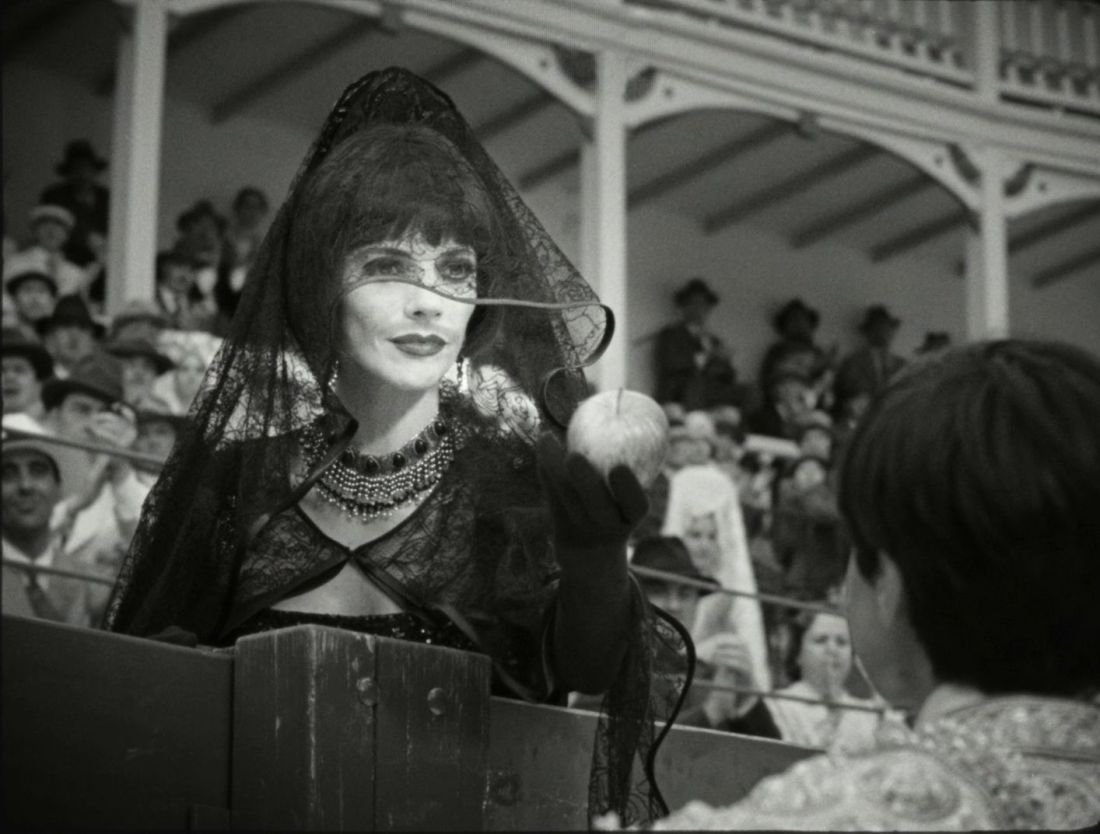
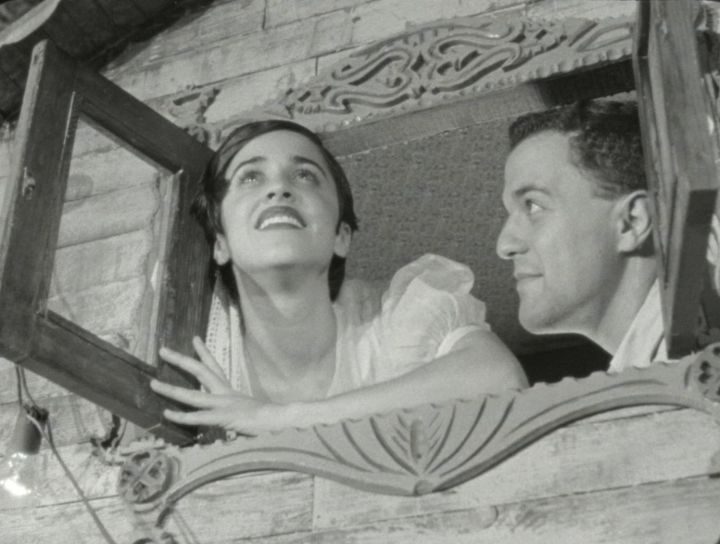

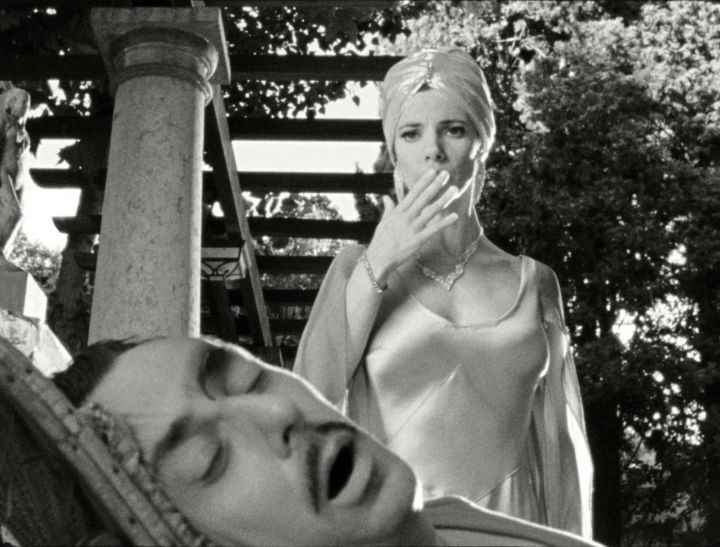
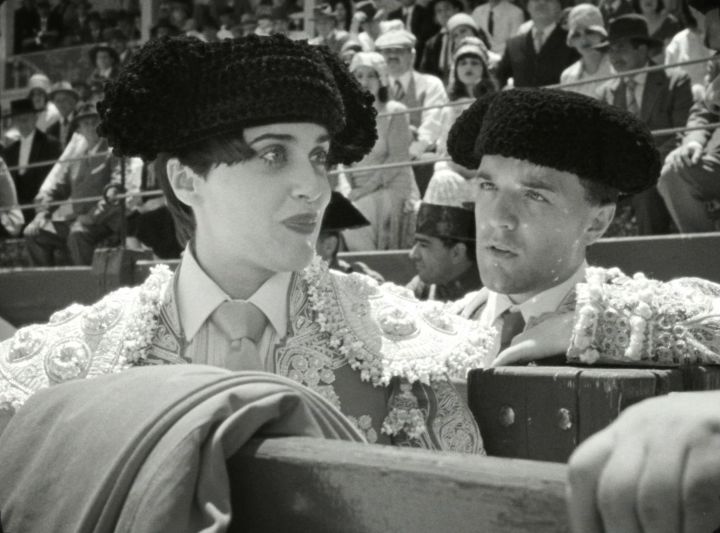
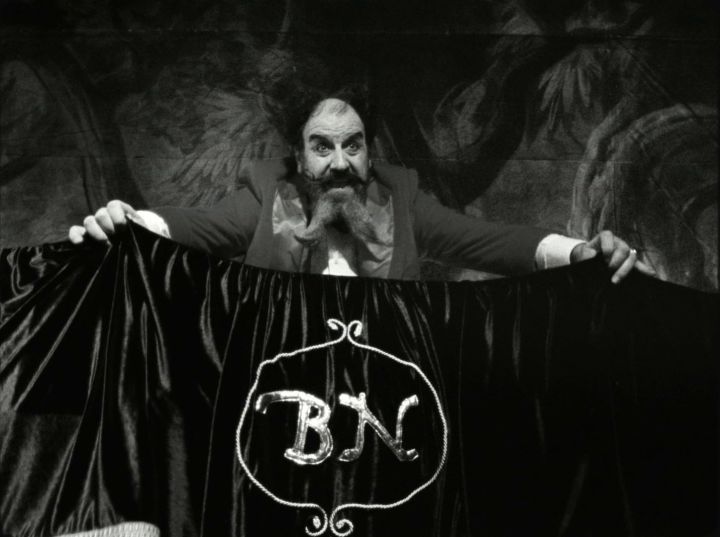

Before you comment
The comments section is here to provide a platform for civil dialogue on the issues we face together as a local community. Xpress is committed to offering this platform for all voices, but when the tone of the discussion gets nasty or strays off topic, we believe many people choose not to participate. Xpress editors are determined to moderate comments to ensure a constructive interchange is maintained. All comments judged not to be in keeping with the spirit of civil discourse will be removed and repeat violators will be banned. See here for our terms of service. Thank you for being part of this effort to promote respectful discussion.